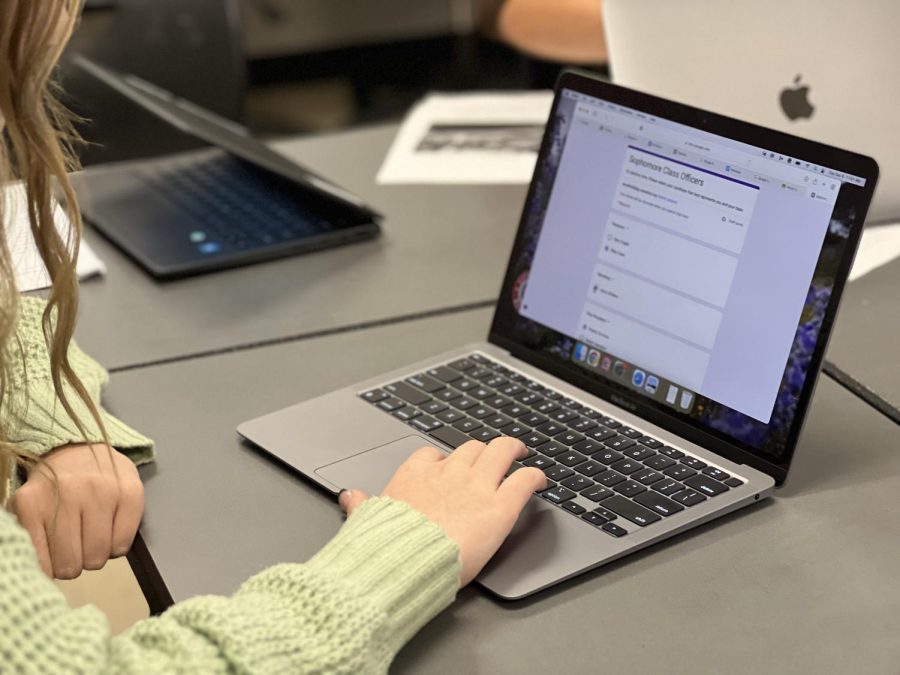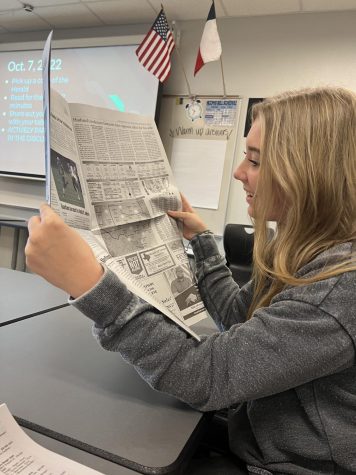Opinion: Popularity and its sway to voting
December 7, 2022
In the more recent weeks, the students at Hill Country voted for the traditional student body elections for the first time. These events stirred a considerable amount of discourse among many students. Oftentimes, these election results reflect a popularity contest more so than the merit of the candidates. The winners are more consistently in large friend groups and voters are typically friends with the candidates which leads to them making their vote based on that relationship instead of their policies. As a result, potential officers felt disheartened about running for office.
Students subconsciously voted for the candidates they were more familiar with or liked more as opposed to the candidate’s merit and the policies they delivered during the election campaigns.
Candidates typically get support from their close friends, which can range from extremely large groups to those with less notable influence on the ballot. Before the campaign began, many had already decided who they would vote for, which was usually their closer friends. People have already seen the effects of biased voting, resulting in concern from many students, and potential officers.
Students opted out of running, despite being a great fit for a position. This was a consequence of more well-known students already garnering a large number of votes even before the campaign began. This cost voters many options on who they could vote for.
As students, we need to listen to each candidate and consider their merit and what they have to offer for future elections. This could largely benefit our school, class, student body, and you.







Kai A • Dec 7, 2022 at 4:27 pm
I wonder how one may try to curb these biases, and also one may make the argument that the reason one is in larger friend groups is that they are a nice fellow.
AJ (Amanda Stemig) • Jan 19, 2023 at 2:41 pm
In my opinion, there’s really no way to curb biases if you know who the candidates are. Even if we were to try really hard to hide the identities of those running (which isn’t the best idea anyways), people would still tell their friends about what they wrote.
Secondly, just because someone is friendly and has a large friend group doesn’t necessarily mean they’d be a good fit for the position. I know people that are fun to be around but can’t organize their backpacks for the life of them. Meaning they’d be terrible in a position such as Secretary.